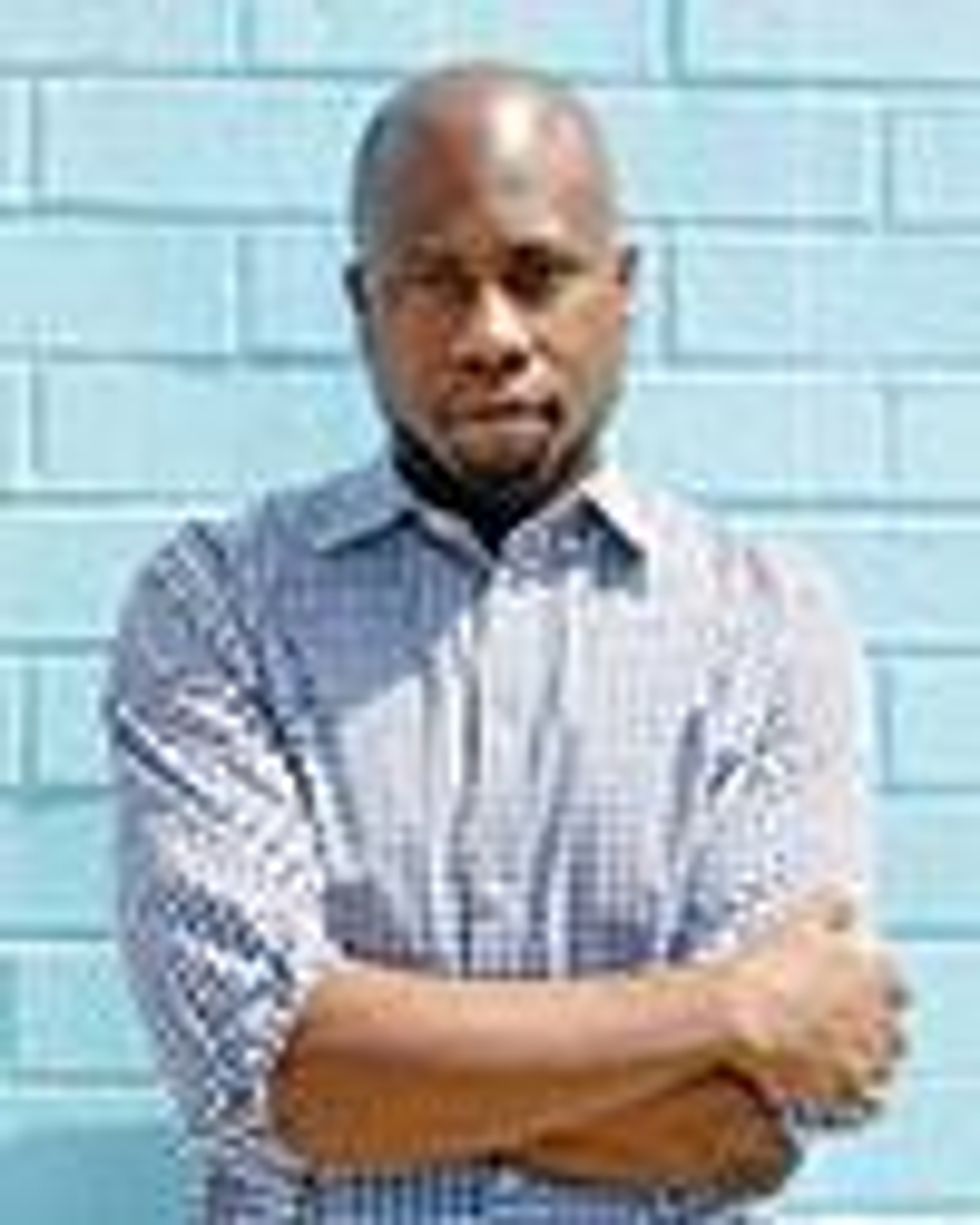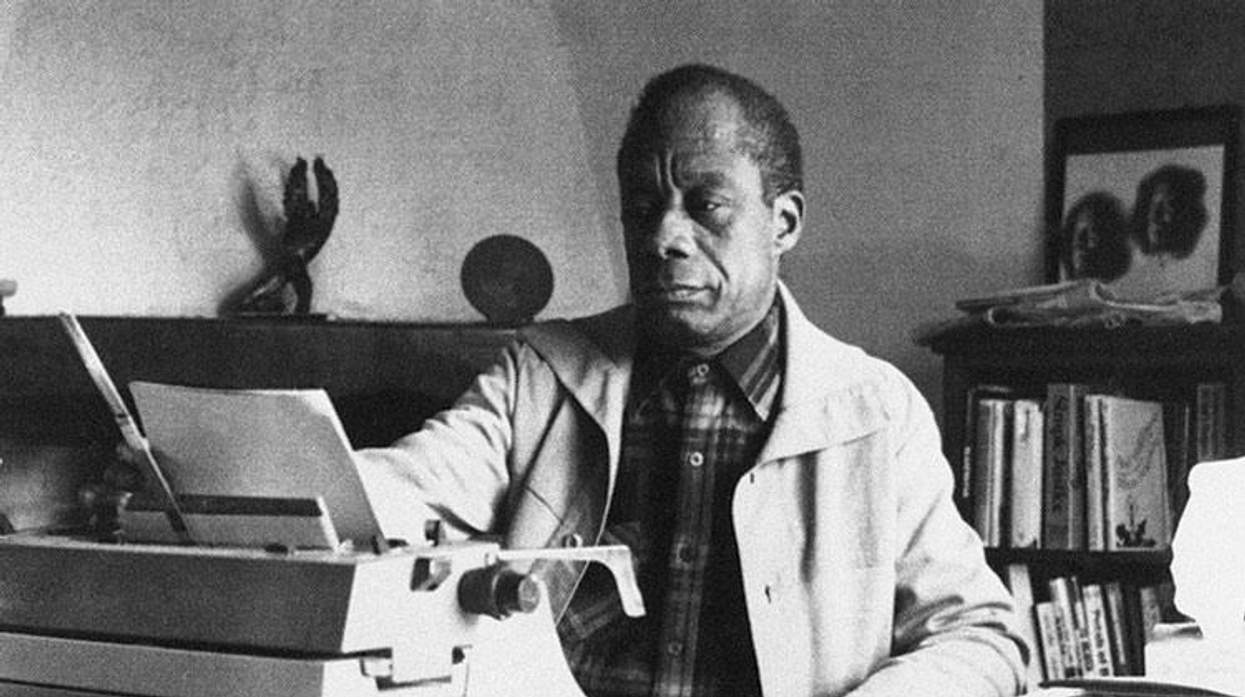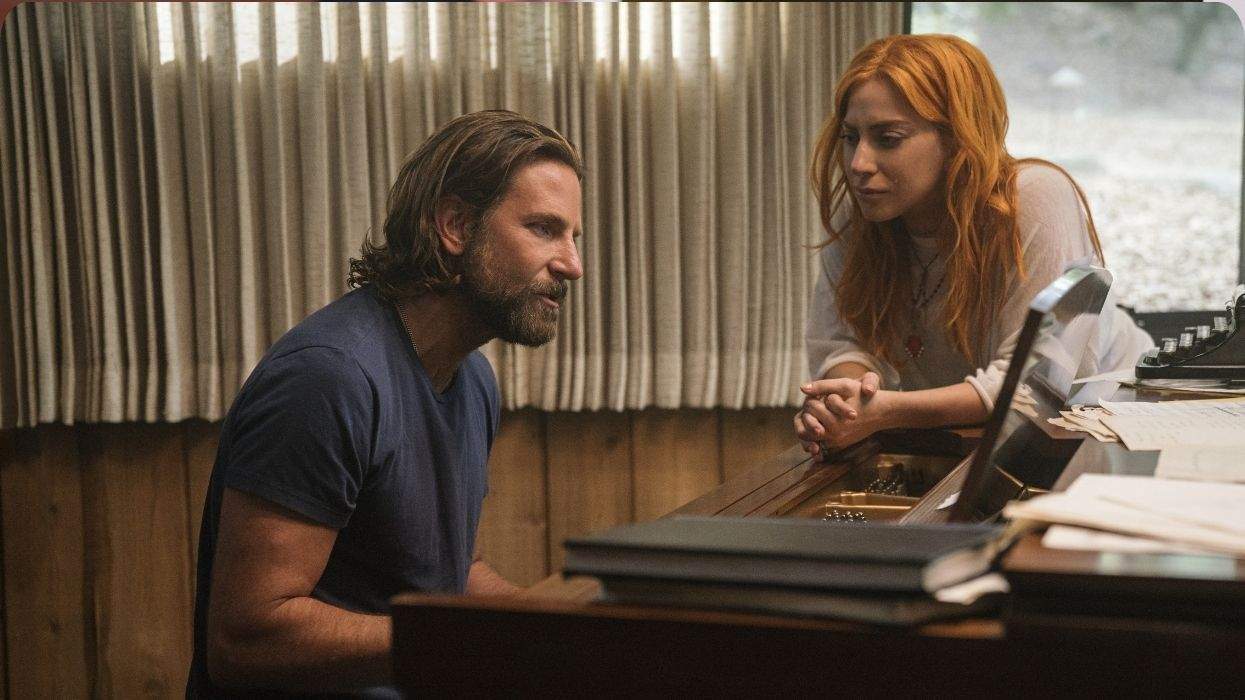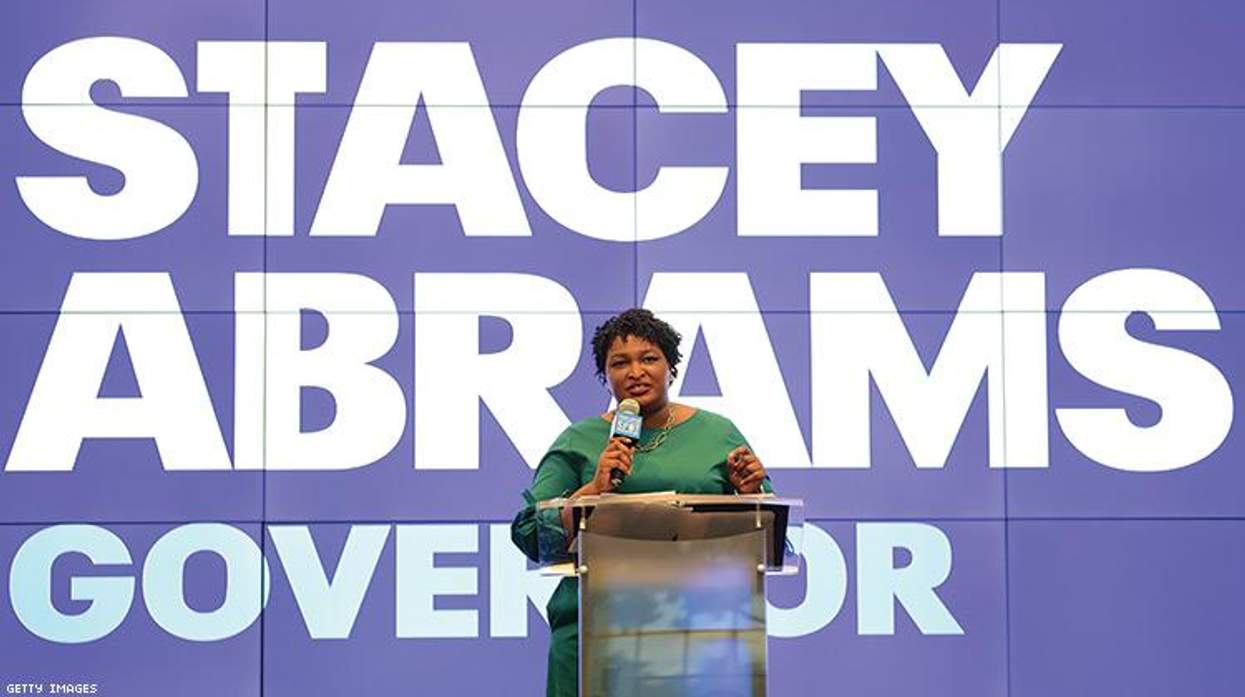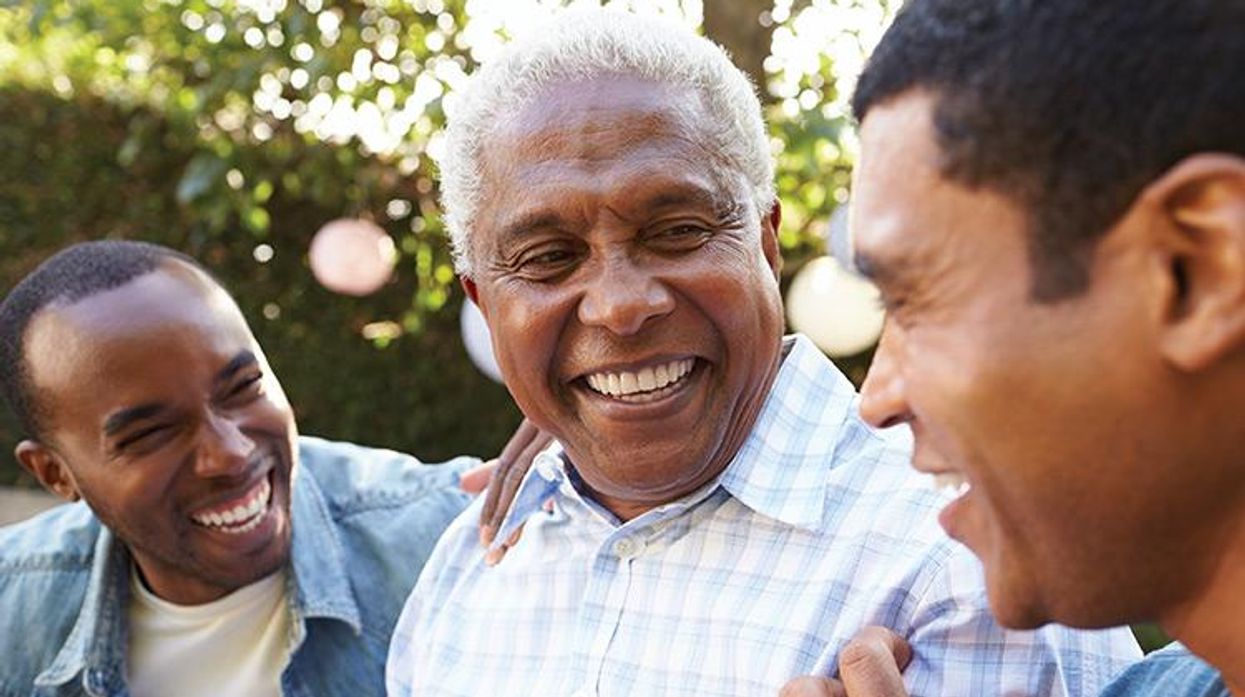When I first encountered James Baldwin, I was 12 years old. The book was Just Above My Head. At the time I was searching for a witness, an authority, to clarify what I was feeling. This was what I would discover in Baldwin.
Reading Baldwin felt both forbidden and necessary. I was intimidated by the dense passages, the long, flowing sentences; and intrigued by the profanity and the rawness of the language. I had never really read anything as complex or demanding as Just Above My Head. And then, not knowing anything about Baldwin, barely knowing anything about myself, I struggled page after page, because I knew, intuitively, there was something about this book that I needed to absorb, to grab, to access. It was in those pages that I discovered the possibilities and consequences of love. I discovered what it meant, what it could mean, for black men to love each other: as friends, as brothers, even as lovers.
And the fact that Baldwin could conjure through language my most intimate thoughts and fears -- feelings that forced me and others, I imagine, to adorn the most elaborate of masks for protection and survival -- helped to free me. Baldwin helped free me. Our triple consciousness, the splintering of our sense of self around race, gender, and sexuality, is formed from the unending surveillance we endure as black gay boys. You are watched and scrutinized by adults and your peers. You are punished and rewarded for your compliance and proximity to their ideas of who you should be. The unspeakable horrors we face -- largely through emotional and physical violence -- subjected to the cruelty of children and adults, haunts us our entire lives. We don't all make it. For me, reading Baldwin meant survival, because it meant I could imagine beyond what I faced and endured. My imagination has always been my greatest weapon and my greatest shield.
When I went to Morehouse and later Georgia State, I dedicated myself to reading everything Baldwin had written, making my way through all of his novels and many of his essays and interviews. In his words I continued to find inspiration. I was very lucky that my early circle of black gay friends also had an affinity for Baldwin. We would spend hours and hours debating and dissecting his work. Having up to that point read him largely in isolation, it was so powerful to be able to read and discuss Baldwin in community.
Years and years later when I worked at AID Atlanta, running a program for black gay men called Deeper Love, I had a colleague who was like a little brother. "This is our bible," I once said, handing him a copy of Just Above My Head. "This is our sacred text." He fell in love with Baldwin, even wrote his thesis in part about him, and that made me so proud.
For many of us, Baldwin is a kind of black gay hero, but the truth is Baldwin didn't really think about sexuality in that way. He is a complicated model if there ever was one, and he would have rejected being labeled as a black gay man. Like his contemporary Gore Vidal, Baldwin saw homosexuality as more of a verb, not a noun. He seemed to only refer to himself as a homosexual for expedience, not accuracy.
Even still, there is that amazing clip of Baldwin on YouTube being interviewed by a British journalist, where he is asked what it meant to be born poor, black, and homosexual. To which Baldwin quipped, he felt like he hit the jackpot. This is the experience of every black gay artist, ever, if not every artist, to use everything, and create from it. And this is the ultimate example of Baldwin, to create from that place.
